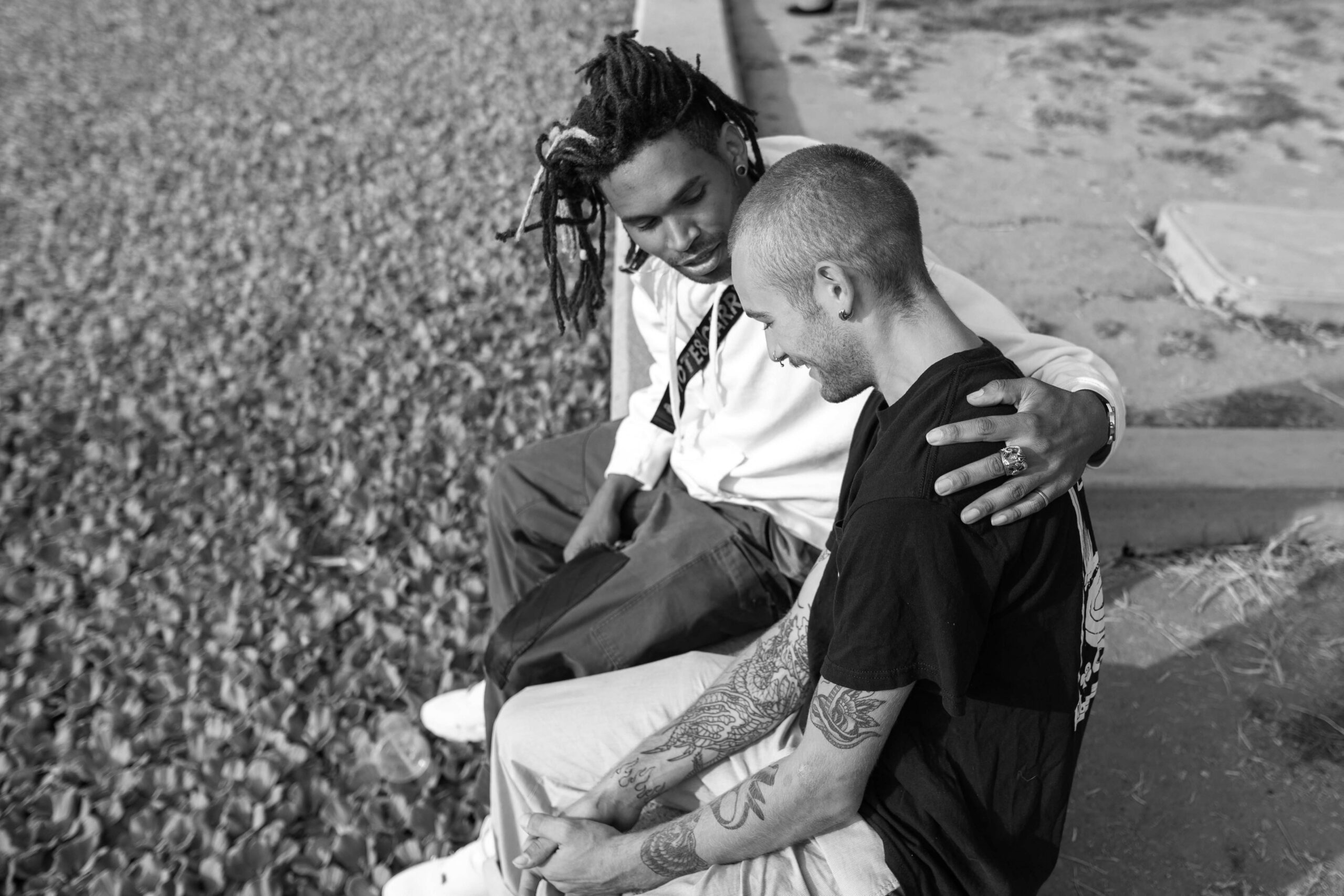
When I watched the news about U. S. Surgeon General Dr. Vivek Murthy addressing loneliness, I felt disheartened because, as Director of Prevention Programs, I know our team is focused on building and sustaining healthy relationships and creating a sense of community. We combat loneliness and isolation every day. He has brought national attention to a very real public health crisis.
Dr. Murthy’s new Surgeon General Advisory on loneliness calls attention to isolation and the lack of connection in our country. He describes loneliness as an epidemic that is as deadly as smoking. Those of us who work with domestic and partner abuse survivors have seen first-hand the effects isolation and loneliness have. Supporting people in building or finding a sense of community is difficult to achieve, especially since it’s been amplified after three years of the COVID-19 pandemic. Social media, aging, grief, bullying, and abuse are just a few factors contributing to isolation and loneliness. Even culturally, it can be especially difficult for people to find a sense of community due to multiple barriers including language access.
Our prevention team is so passionate about building and sustaining healthy relationships in efforts to create inclusive trauma-informed communities. We are out here, meeting people where they are, helping to develop safe, brave, and authentic spaces so we can magnify participation in the human experience by helping them be seen, centered, and validated. We know that people are the masters of their own lives, and we not only respect that, but we also honor it. We listen, ask clarifying questions, and make sure the people we are with are heard.
We serve a large immigrant population. Imagine being in a country where you didn’t grow up, don’t know anyone, don’t speak the language, and don’t know how to access the resources that can support you in building connections or finding community. We help build those connections, not only through language but also through culture. We take the time to understand their experiences, their neighborhoods, their priorities, and journey beside them toward a sense of belonging.
Whether immigrants or people who have lived here their whole lives, overcoming isolation and loneliness is directly affected by access. Some communities offer spaces to play, work, volunteer, or share faith with others. If you don’t have that, investigate what your neighborhood has available, or connect with a friend or someone you trust to find resources that align with your needs and interests.
Dr. Murthy says the ties between mental and physical health are closer than people assume. He’s right. I often use the analogy that exercise is like the brain processing thoughts. When you’re sleeping, you are resting both your body as well as your brain. But when you are stretching, you are conditioning your body’s muscles. Taking care of your mental health is like stretching—conditioning your brain. If you don’t stretch, you will have a higher risk of causing a physical injury. If you do not prioritize your mental health, it increases the likelihood of experiencing depression, anxiety, or other conditions.
It's important not to confuse being alone with loneliness. Time alone can be very healthy because it gives you space to reflect and recharge. But if you are feeling a sense of depression or anxiety when you are alone, or just not feeling in a good mental space, then perhaps that’s an indicator to seek resources, connect with others, make an appointment with a licensed mental health therapist, give REACH’s hotline a call at 1-800-899-4000 or do whatever you feel you need to do for you.
REACH Beyond Domestic Violence is a resource for you. Our 24/7 hotline is staffed by trained, trauma-informed professionals ready to support survivors and those who love them. Our shelter provides refuge, and all our advocacy and prevention education programs are provided in an inclusive way. If you would like us to connect with your community, organization or business, please feel free to contact me.
You are not alone. Come, REACH with us.





